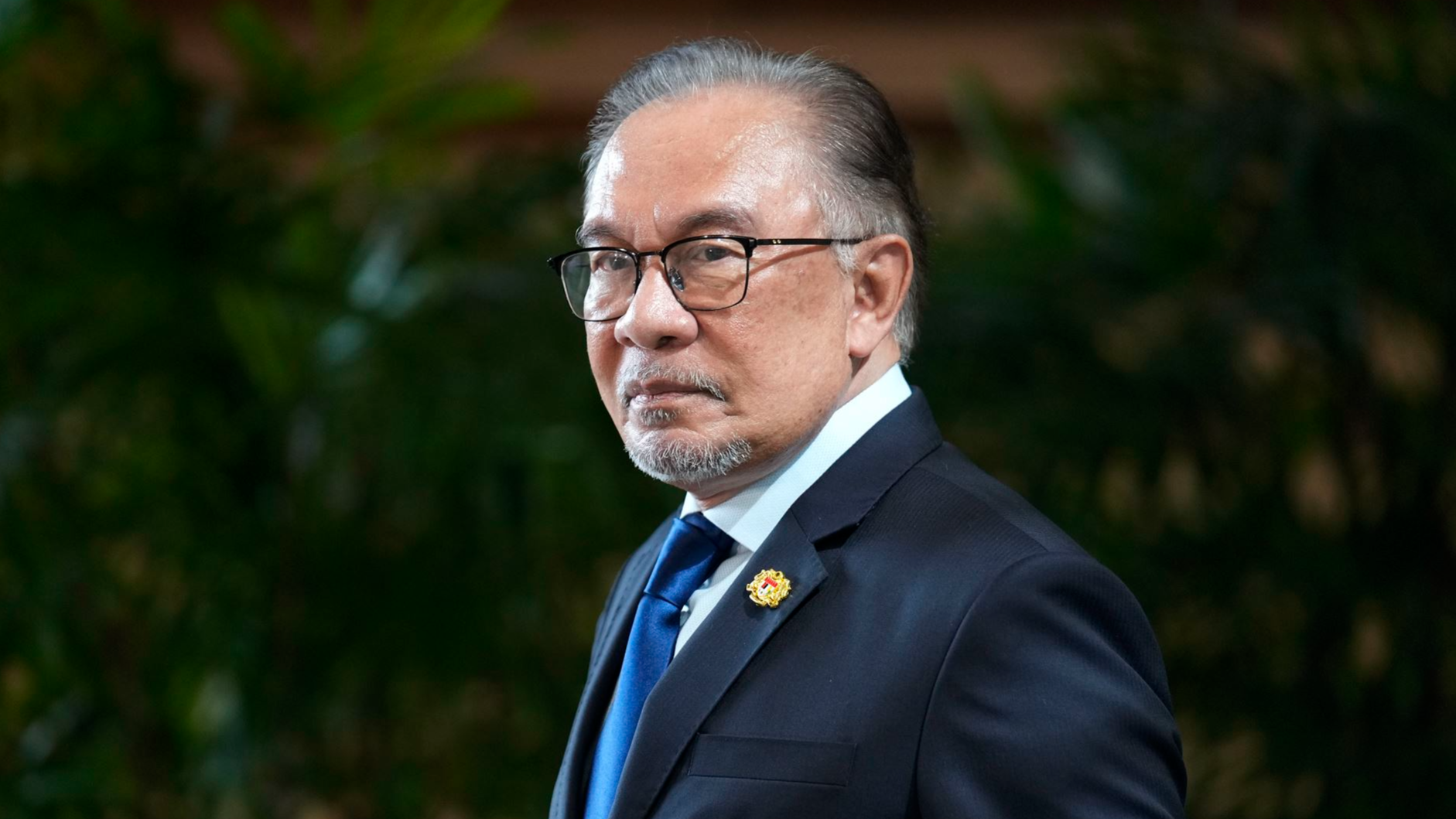
The Malaysian government’s decision to cut the decades-old diesel subsidy program is “a significant milestone” for the 18-month-old administration of Prime Minister Anwar Ibrahim, as such a move is part of long-term reforms to sustain growth in Southeast Asia’s third-largest economy, analysts said.
While increased fuel prices are expected to boost inflationary pressures, analysts expect headline inflation this year to be within the government’s forecast of 2 to 3.5 percent.
Cutting fuel subsidies is expected to narrow the nation’s fiscal deficit and save the government about RM4 billion per year
The cuts in diesel subsidies kicked in on June 10, with retail prices of the fuel rising by about 55 percent to 3.35 ringgit ($0.71) per liter. The eastern Malaysian states of Sabah and Sarawak are exempted from the subsidy cuts.
Cutting fuel subsidies is expected to narrow the nation’s fiscal deficit and save the government about RM4 billion per year. Anwar said the savings could be redirected to those who need cash assistance such as rice farmers and small traders.
Yeah Kim Leng, professor of economics at Sunway University in Kuala Lumpur, said Malaysia’s shift from blanket to targeted diesel subsidies is “a significant milestone” for Anwar’s unity government.
ALSO READ: US returns 1MDB funds worth $156m to Malaysia, embassy says
He added that the cuts in subsidies are part of the government's economic reforms to restore fiscal balance, curb smuggling and optimize the use of limited government funds and depleting oil resources.
Yeah noted that businesses where diesel is the primary fuel, such as logistics and transport, have been identified as those which are eligible for the targeted subsidy scheme, mitigating the rise in inflation. The inflation environment had remained low and stable at 1.8 percent in the past few months.
Yeah said the government’s commitment to use subsidy savings for “productive spending”, such as public health and social welfare, can moderate the public backlash against increased prices.
“There is greater public acceptance and understanding that the government and the people need to bite the bullet,” he added.
ALSO READ: Malaysia defends eviction of sea nomads, citing security concerns
Khor Yu Leng, research head for Southeast Asia of Singapore-based consultancy Segi Enam Advisors, said cutting the diesel subsidy is “a relatively small fiscal matter” and will serve as a test case for the rationalization of other subsidies, such as for petrol.
“This massive subsidy bill is restricting the government’s ability to spend on infrastructure that we need,” she said. While there might be a “small spike” in food costs on the back of higher transport prices, Khor said “this will be temporary as prices will normalize after a few months”.
Serina Abdul Rahman, lecturer at the Department of Southeast Asian Studies, National University of Singapore, said that given Malaysia’s high national debt, the government has no choice but to cut subsidies. Malaysia’s external debt stood at 68.2 percent of the country’s GDP by the end of 2023, according to Bank Negara Malaysia, the central bank.
Anwar, who is also the finance minister, said in a statement on June 17 that the government still bears around RM7 billion in subsidies and the diesel subsidy rationalization aims “to ensure that subsidy wastage no longer continues while ensuring that the savings are returned to the wider population”
Serina said while the government has promised to extend assistance to farmers and fishermen, accessing these subsidies can be difficult for those in the rural areas who do not know how to deal with administrative bureaucracy. “This is usually the most overlooked problem,” she said.
The Malaysian government provides its citizens with various subsidies, including for fuel, eggs, cooking oil, rice and electricity.
Anwar, who is also the finance minister, said in a statement on June 17 that the government still bears around RM7 billion in subsidies and the diesel subsidy rationalization aims “to ensure that subsidy wastage no longer continues while ensuring that the savings are returned to the wider population”.
Maybank said in its latest report that fiscal consolidation is the “low-hanging fruit” of Malaysia’s economic reforms and restructuring narratives.
The Kuala Lumpur-based lender said progress in fiscal consolidation can also have a salutary effect on the ringgit. The currency has stabilized against the US dollar in the past few weeks thanks to the central bank’s interventions and the government’s encouragement of repatriation of foreign exchange earnings and investment income abroad.
Khor of Segi Enam Advisors said the bottom line is that diesel subsidy cuts are “a test case for the petrol subsidy challenge”.
If Anwar “blinks on this, and petrol subsidy rationalization is not done, then he will need to push harder on reforms, especially fighting corruption to save 20 to 30 billion a year to fund infrastructure spending”, she added.


